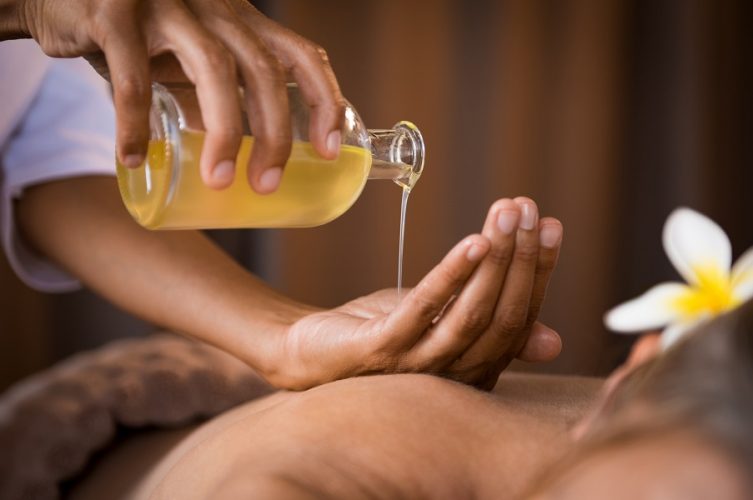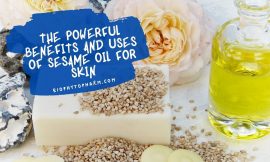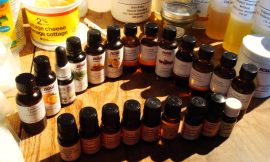
Do you Ask this Question: What is Aromatherapy
Aromatherapy is an ancient practice of using essential oils to promote health and well-being. It is important to understand that true aromatherapy uses only the best oils and extracts. Synthetic scents do not carry the same qualities and can cause result in more problems than one might realize. Man-made products created with synthetic or improperly treated oils can be dizzying and cause headaches, not to mention the loss of any healthful benefits. The purpose of aromatherapy is to use these essential oils to relieve the stress one experiences in daily life and promote and improve overall health.
Oils can be derived from many places, fruits, flowers, and other plants and herbs. These oils are then combined with a carrier oil (such as grapeseed or walnut) and usually applied directly to the skin, but other practices can be implemented. Diffusers, light bulb rings, candles, and bath products can also be used.
Simple inhalation of ascent, rose, for example, works only on the brain’s reaction. Rose is used as an anti-depressant, is calming, and is also known for having sensual uses and was once believed to promote fertility (this is where the tradition of sprinkling rose petals on a married couple’s bed came from). However, by applying oil to the skin, black pepper in this example, one might experience relief from muscle cramps, poor circulation, or sprains.
While there are plenty of healthful benefits from the use of aromatherapy, it also has potential side effects one must be aware of. Basil may act as an irritant and carcinogen. Chamomile may induce dermatitis. It is important for the untrained person to study the properties of essential oils, and look for side effects one might be susceptible to. It is recommended when beginning to experiment with aromatherapy, to begin with, one plant at a time. This way reactions may be clearly identified and blends can be avoided with those particular irritants.
If you are interested in aromatherapy, start slow, and take your time. Think of scents you enjoy, study those first, and try to branch out from there. Perhaps you can find a good book or aromatherapy encyclopedia where you can cross-reference your symptoms or desired effects with oils that may be of benefit to you. Enjoy what aromatherapy has to offer; it’s more than just stopping to smell the flowers.




